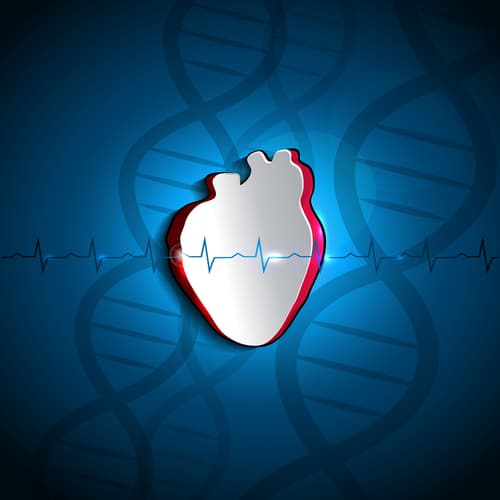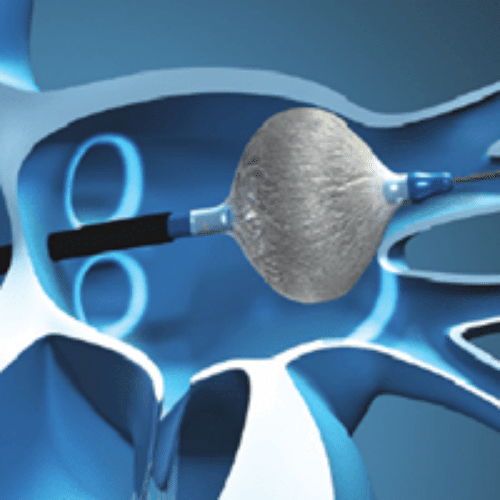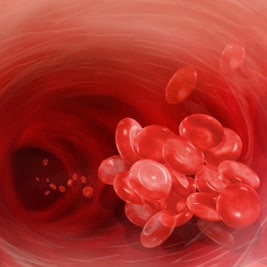What Is A Pacemaker?

Atrial fibrillation is a chaotic, irregular rhythm treated with medications or procedures to slow the heart rate, decrease the frequency of AFib and prevent blood clots which can lead to stroke. Patients sometimes ask if AFib can be treated with a pacemaker. The answer to this question is that while a pacemaker is not used […]
AFib Diet Tips

What you eat can increase your risk of developing atrial fibrillation. High blood pressure, obesity and sleep apnea can all lead to AFib and are all significantly affected by lifestyle. A diet that is high in vegetables, fruits, lean protein, and whole grains and limits salt, sugar and saturated fat diet helps decrease your risk […]
Putting Patients At The Center Of AFib Care

Effective treatment of atrial fibrillation can be complex. It involves addressing lifestyle contributors, treating underlying conditions like sleep apnea and high blood pressure, medications and possibly procedures. We believe the most effective treatment plan is developed with a patient’s active involvement, taking their personal preferences and beliefs into account. This process is called shared decision […]
Whole Body Healthcare Plan For AFib Patients

Successful treatment of atrial fibrillation is about more than medications and procedures. A healthy lifestyle is a cornerstone in AFib management because it helps naturally treat some of the underlying triggers for AFib. The best thing about a whole body approach to atrial fibrillation is that there are no bad side effects to self-care and […]
What To do If Someone You Love Has AFib

Atrial fibrillation affects over 33 million people worldwide and is the most common sustained cardiac arrhythmia. It increases the risk of stroke, heart failure and hospitalization. Treatment focuses on reducing the risk of stroke and treating the arrhythmia and may include lifestyle modifications, medications and procedures. Read on to understand what you can do to […]
Successful Outcomes Related To Early & Aggressive AFib Treatment

“Cryoballoon ablation as initial therapy was superior to drug therapy for the prevention of atrial arrhythmia recurrence in patients with (early onset) paroxysmal atrial fibrillation. Serious procedure-related adverse events were uncommon.”* A recent peer reviewed study from The New England Journal of Medicine revealed important results that should impact how people with early onset AFib […]
Treatment Options To Reduce Stroke Risk

Our comprehensive arrhythmia program facilitates targeted, patient-specific interventions for Left Atrial Appendage (LAA) management for stroke prevention. In patients with non-valvular AFib, medical research identified the area of the heart known as the left atrial appendage to be the primary source of blood clots which can lead to stroke. The left atrial appendage is a […]
AFib Treatment Through Hybrid Convergent Approach For Persistent Atrial Fibrillation

Catheter-based pulmonary vein ablation treats AFib from the inside of the heart and is called endocardial ablation. It’s an excellent option for patients who have paroxysmal atrial fibrillation. However, approximately 70% of people with atrial fibrillation have persistent or long standing persistent atrial fibrillation which are more difficult to treat. Persistent atrial fibrillation is […]
AFib Treatment Through Catheter-Based Ablations & Pulmonary Vein Isolation

If a patient’s atrial fibrillation is not responding to less invasive treatment options such as medications or cardioversion, Dr. Laws can facilitate catheter based ablations such as radiofrequency, laser and cryo ablations. These procedures are used to physically block the undesirable chaotic rhythm when lifestyle changes and medications are not fixing AFib. Alternatively, the medications […]
AFib Treatment Through Arrhythmia Procedures

As discussed in previous editions of The Scoop, treatment of atrial fibrillation focuses on rate control, rhythm control and stroke prevention. Medications are often the first-line treatment for managing atrial fibrillation. However, there are times when medications alone are not enough to adequately treat AFib. When this is the case, we look to other options. […]



